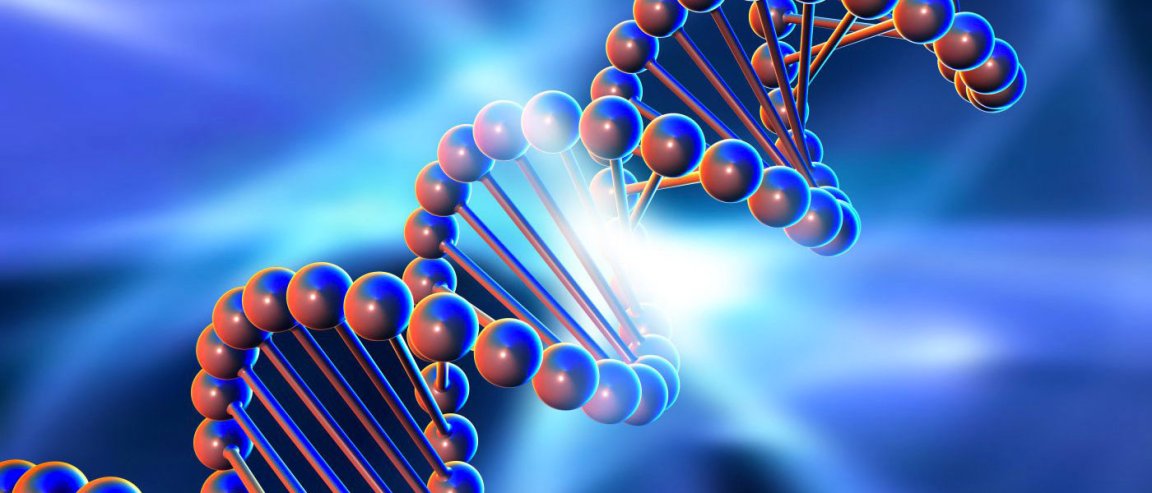
Humanity’s pursuit of perfection seems to be well underway. This past weekend, a group of scientists led by DNA pioneer George Church, who is a Harvard biologist, announced that they’re working on synthesizing human genes from scratch.
With the goal of addressing a number of human health challenges, scientists said that the project, dubbed the HGP-Write project, will explore growing replacement organs, engineering cancer resistance, and building new vaccinations using human cells.
In short, they could forever alter how humans respond to diseases…and even what it means to be human.
Related: What is CRISPR

However, such dramatic shifts are a long ways off. Before any of that can happen, researchers will need to start defining what a “perfect” human would look like—and that means literally making a blueprint for what such a genetic sequence would look like. Church published a paper in 2014 about “de novo synthesis,” or the creation of perfect genes from scratch, so he is no newcomer to the field.
The project is pretty similar to the current gene editing CRISPR technique, which could very well prove to be life-saving for people with a variety of terminal illnesses. The main difference is that this new endeavor will also take into account the ethics and economics of how far humans should go with gene editing in order to develop their blueprint.